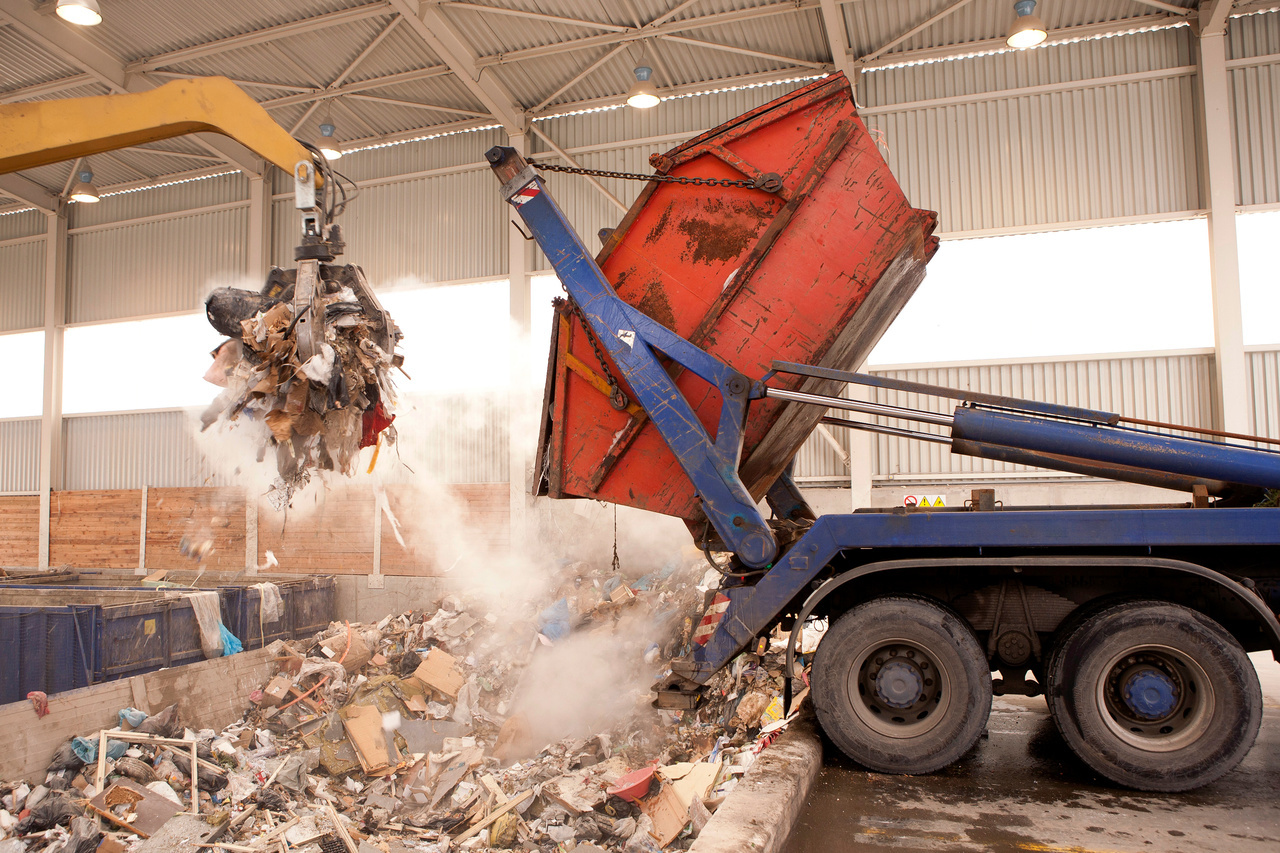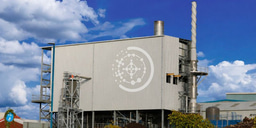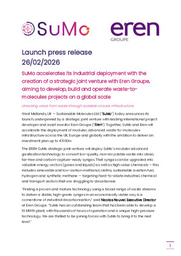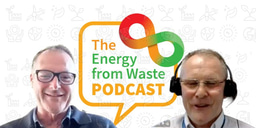Industry responds to BBC study claiming EfW is 'dirtiest' form of power

The BBC has described Energy from Waste as the ‘dirtiest’ form of power, after a recent analysis from the broadcaster claiming that after coal, incineration produces the most CO2 per unit of energy. Industry has responded to this analysis, arguing that the study overlooks key factors such as providing a public hygiene service.
The BBC claims that government calculations of the mix of rubbish being sent to incinerators are based on 2017 statistics and that since then, the amount of plastic waste being burnt in EfW incinerators has risen.
Plastic waste emits more carbon dioxide than food waste, which the study – carried out by the BBC’s Climate and Science Team and the Shared Data Unit – maintains has substantially risen since 2017.
While the report raises important issues within the sector, including the amount of Co2 emitted by plants that do not have carbon capture and storage facilities, the Chartered Institution of Wastes Management (CIWM) added that the study “omits a number of key factors” including its vital role in moving the UK away from using landfill.
CIWM also noted that the sector’s first function is as a waste and management service, “to manage, treat and dispose society’s wastes in order to protect human health and the environment,” rather than as solely an energy supplier.
Currently, 3.1% of the UK’s energy is produced by the EfW sector and treats over 14 million tonnes of residual waste each year. The Environmental Services Association (ESA) also reacted to the report. They said:
It is important to point out that neither local or national policy prioritises the use of waste as a fuel to generate energy over other sources. The energy generated is simply a beneficial by-product of treating waste, which is a vital societal function.”
Both CIWM and the ESA have called for more to be done to create a better circular economy in the UK, including speeding up the introduction of Extended Producer Responsibility (EPR) for packaging, deposit return schemes and simplifying household recycling.
CIWM said:
Energy from waste facilities are designed as a transition technology, with an average expected operational life of 25-30 years. This should enable regulatory and market development to incentivise and enable waste prevention and recycling measures to improve overall resource efficiency.
UK governments, local authorities and the waste sector must work together to quickly implement the current range of significant regulatory and financial mechanisms – including Extended Producer Responsibility, Consistent Recycling collections, Plastics Packaging Tax and the Emissions Trading Scheme for energy from waste plants – that should significantly increase recycling levels, further decarbonise the sector, and deliver greater resource efficiency for the UK.”





Please sign in or register for FREE
If you are a registered user on Energy from Waste Network, please sign in